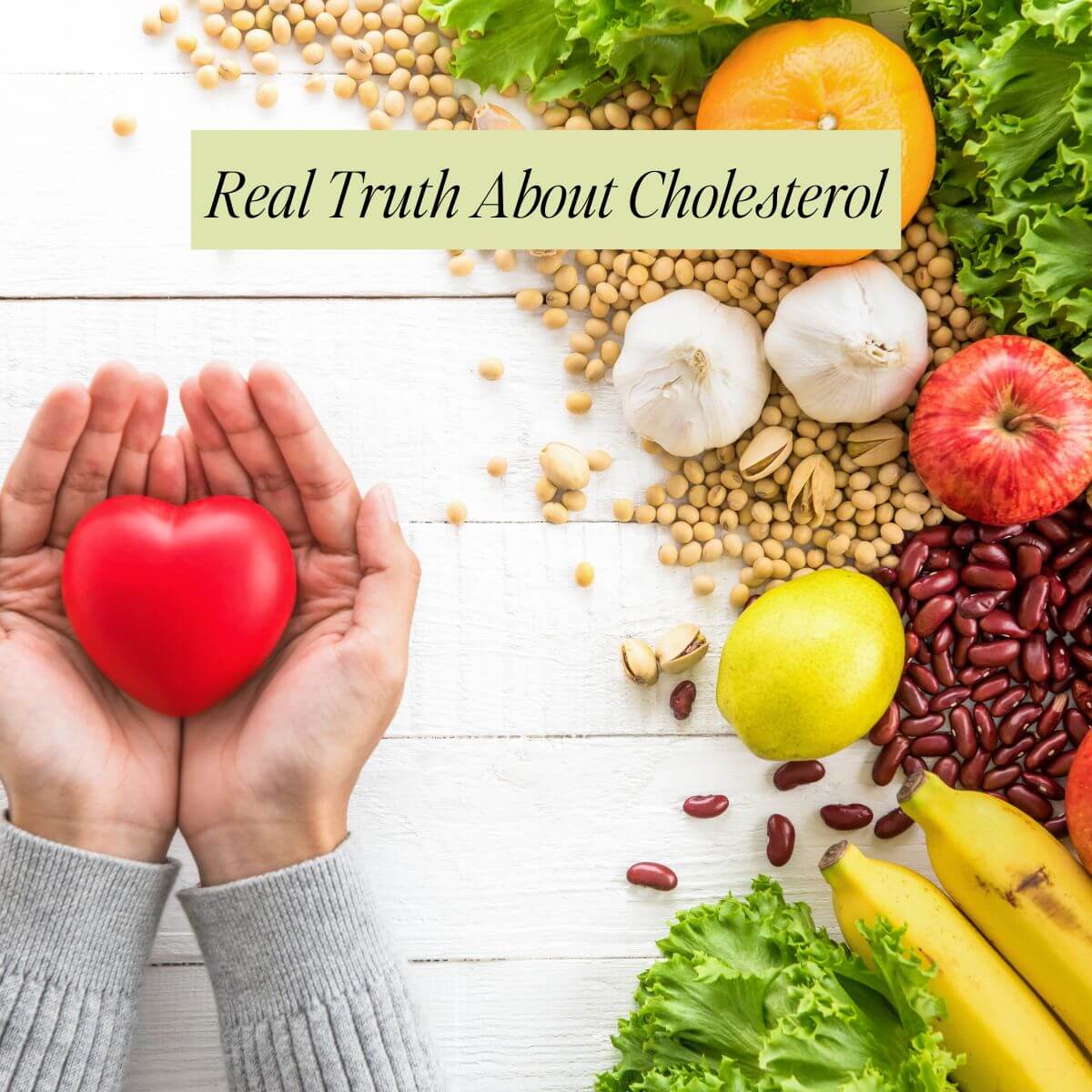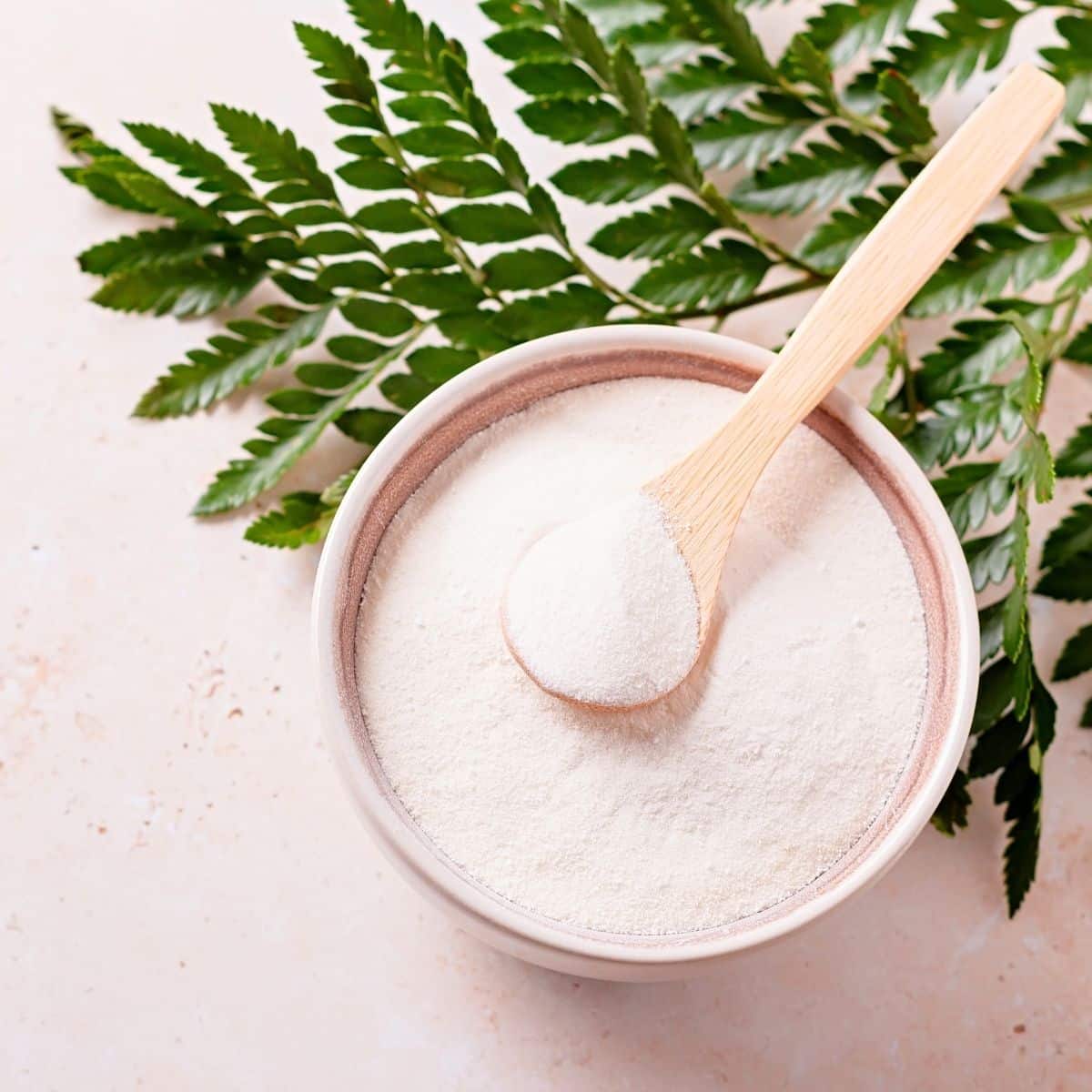In this article, I discuss the real truth about cholesterol lipid levels and understand the different types. How do you effectively manage your HDL and LDL levels for optimal health? Let’s dive into the strategies for proper management of healthy cholesterol levels for heart health.

The Real Truth About Cholesterol
How many times have you heard the phrase “all cholesterol is bad for you”? In the realm of health and wellness, few topics have stirred as much controversy and confusion as cholesterol. Often labeled as the villain behind cardiovascular diseases, cholesterol is a complex lipid molecule that plays crucial roles in the human body.
The truth is, cholesterol is a fundamental component of cell membranes and a precursor to essential hormones. It’s a vital substance for our body’s proper functioning. Despite its importance, the mere mention of cholesterol often triggers alarm bells due to prevalent myths that have led to widespread fear and unnecessary dietary restrictions.
The primary objective of this article is to shed light on the truths about cholesterol management, providing you with a well-rounded understanding of its significance, and dispelling the myths that have overshadowed its positive contributions.
Let’s unveil the truth about cholesterol!
Understanding Cholesterol
There are two different types of cholesterol:
- Low-density lipoprotein (LDL)
- High-density lipoprotein (HDL)
Understanding what role LDL and HDL play in the body is key to demystifying cholesterol’s impact on our health.
LDL cholesterol, often dubbed the type of “bad cholesterol,” has earned a notorious reputation. However, it’s crucial to recognize that LDL isn’t inherently harmful. Rather, it plays a crucial role in transporting cholesterol from the liver to various tissues.
The misconception arises when excess LDL cholesterol circulates in the bloodstream, leading to potential buildup on arterial walls, a phenomenon associated with atherosclerosis. In essence, while LDL is important for your health, an imbalance or excess can pose risks.
Healthy Cholesterol
On the flip side, HDL cholesterol, often hailed as the “good cholesterol type,” is a scavenger, picking up excess cholesterol from tissues and arteries and transporting it back to the liver for elimination.
Elevated levels of HDL are generally considered beneficial, as they contribute to the removal of cholesterol from areas where it could potentially cause harm.
LDL and HDL are like specialized courier services, shuttling cholesterol to and from various destinations in the body. LDL delivers cholesterol to tissues, while HDL collects excess cholesterol and ensures its safe return for processing.
Maintaining balance between these lipoproteins is essential, preventing cholesterol from lingering in the bloodstream and posing potential harm.
Why Not All Cholesterol is Bad
One of cholesterol’s fundamental roles is its contribution to the structural integrity of cell membranes. Cholesterol acts like a mortar between the bricks, providing stability and flexibility to the membranes.
Without this crucial lipid, cells would struggle to maintain their integrity and proper functionality. Understanding this pivotal role underscores the importance of cholesterol in maintaining the overall health of our cells and tissues.
Beyond its structural role, cholesterol is a precursor for the production of steroid hormones, such as estrogen, testosterone, and cortisol. Acknowledging this vital contribution helps us appreciate cholesterol as a building block for essential compounds that govern our body’s intricate hormonal balance.
Brain Health and Cholesterol Levels
Contrary to the notion that cholesterol is solely associated with heart health, it’s crucial to recognize its significance for brain function. The brain, a cholesterol-rich organ, relies on this lipid for the formation and maintenance of synapses – the connections between nerve cells.
Cholesterol is integral to the insulation of nerve fibers, ensuring efficient and rapid transmission of signals. Furthermore, research suggests that adequate cholesterol levels are linked to cognitive function and memory retention.
In the broader context of overall health, cholesterol plays an indispensable role in various bodily functions, from aiding in the digestion of fats to supporting the production of vitamin D. Recognizing the diverse contributions of cholesterol dispels the oversimplified narrative that paints it as a health hazard.

Link Between Cholesterol and Healthy Heart
Atherosclerosis, a condition characterized by the buildup of plaques on arterial walls, is a critical heart condition. LDL cholesterol, often labeled as type of “bad” cholesterol, can contribute to atherosclerosis when present in excess.
As LDL particles accumulate on artery walls, they initiate an inflammatory response, leading to the formation of plaques. Over time, these plaques can narrow arteries, impeding blood flow and potentially triggering heart-related issues.
Understanding this process emphasizes the importance of managing cholesterol levels to reduce the risk of atherosclerosis and its cardiovascular consequences.
A prevailing myth suggests a direct correlation between dietary cholesterol and blood cholesterol levels. However, the relationship is more nuanced. While dietary cholesterol can influence cholesterol levels, other management factors, such as genetics and diet composition, also play significant roles.
Regular monitoring of cholesterol levels through blood tests allows individuals to track their cholesterol profile and take proactive steps to address any imbalances. Lifestyle choices, including a heart-healthy diet and regular exercise, play crucial roles in achieving and maintaining an optimal cholesterol balance.
📥 GET THIS ARTICLE IN YOUR INBOX 📥
Strategies to Increase HDL and Decrease LDL
By incorporating dietary interventions, embracing regular exercise, and making lifestyle changes, we can work towards cultivating a robust cardiovascular system and maintaining balance between our levels of HDL and LDL.
Certain dietary choices can positively impact HDL cholesterol lipid levels. First up, incorporating heart-healthy fats. That includes:
- Avocados
- Olive oil
- Fatty fish like salmon.
- Nuts
- Seeds and whole grains also play a role in boosting HDL cholesterol (high fiber).

Antioxidant-rich fruits and vegetables, particularly those with vibrant colors, provide additional benefits for heart health. Berries, citrus fruits, and leafy greens not only support healthy HDL cholesterol and lipid levels, but also contribute to an overall nutrient-dense diet.
Engaging in regular exercise, whether through aerobic activities like brisk walking, running, or cycling, or resistance training, has been shown to elevate HDL levels.
Aim for at least 150 minutes of moderate-intensity exercise per week, and consider incorporating strength training exercises two or more days a week for comprehensive cardiovascular benefits.
In addition to dietary and exercise interventions, certain lifestyle changes can contribute to higher HDL levels and overall cardiovascular well-being:
- Avoiding tobacco.
- Limiting alcohol intake.
- Managing stress levels.
- Maintaining a healthy weight.
- Getting 8-9 hours of quality sleep per night.

Management of Healthy Cholesterol Levels
As we conclude, let’s emphasize the importance of adopting a holistic approach to cholesterol management. Small, sustainable changes in diet, exercise, and lifestyle can lead to significant improvements in heart health. Consistency, rather than drastic measures, is the key to lasting results.
If you’re seeking extra support and guidance on your path to heart health, consider implementing these health strategies for managment of lipid cholesterol levels. Also, we can explore personalized strategies, address concerns, and chart a course towards a heart-healthy lifestyle that nurtures your well-being.

Personalized Approach
If you’re ready to take your health journey to the next level, check out my coaching plans today.
Whether you’re seeking personalized guidance, a supportive community, or additional resources, take the first step toward true healing.
Here’s to a journey of continued growth, fulfillment, and a thriving you!

Gut, Skin, or Hormone Health Help?
Also, if you need further assistance with your symptoms, don’t hesitate to contact me. Let’s work together to embark on a holistic health lifestyle journey towards a healthier, vibrant life. Contact me.
ADDITIONAL RESOURCES
Also, for further reading and guidance on how to eat healthy, change your mindset, restore your gut health, and balance your hormones naturally! Consider exploring the following resources.
Did you know that dark chocolate has many health benefits, including lowering cholesterol and decreasing your risk of heart disease? Get my 5 Chocolate Recipes free guide today.
– Want a simple recipe guide and anti-inflammatory diet meal plan packed with the key to help ditch inflammation and reset the body? So, if you have chronic inflammation issues, try this meal plan and recipes inside the Anti-Inflammatory Diet Meal Plan and Recipe Guide.
– Support: Join my Reset & Renew Nutrition Program. Register here.
Let’s Discuss Cholesterol Types, Management, and Impact on Health
So, were you surprised to discover how simple it is to begin understanding cholesterol lipid levels results have on your health? Which health strategy I suggested will you try to increase HDL and decrease LDL levels?
Share your experiences in the comments below. Also, if you want to read more about holistic health and healthy eating, join the featured nutrition challenge.
You can also connect with me @EatYourNutrition on Instagram. I love seeing your photos. #EatYourNutrition #LauraVillanueva
Discover more from Eat Your Nutrition™
Subscribe to get the latest posts sent to your email.








